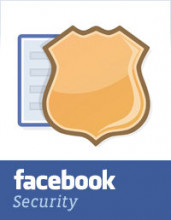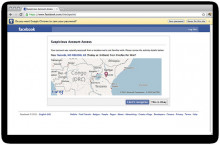PS3 hacker Geohot leaves Facebook?
Just over six months ago, well-known hacker George Hotz, a.k.a. Geohot, joined the straight and narrow and got a day-job at Facebook.
However, word has it that he's already gone. Business Insider reported today that Hotz left Facebook and is back to hacking in his free time.
This time, though, it's legal hacking. Last Saturday, Hotz attended a Backplane hackathon, according to Business Insider. Backplane is a social startup that heralds famous investors like Google's Executive Chairman Eric Schmidt and pop-star Lady Gaga.













































































